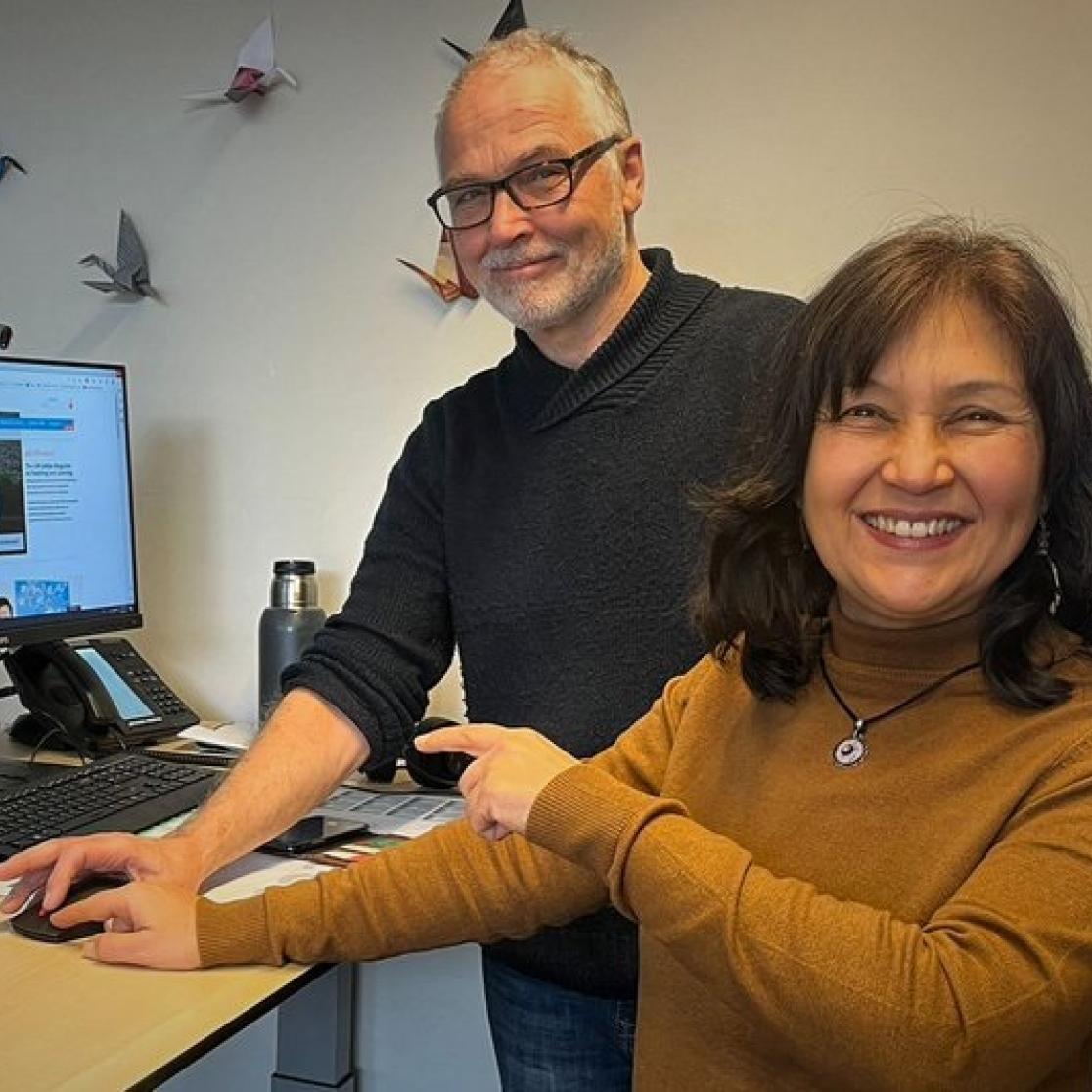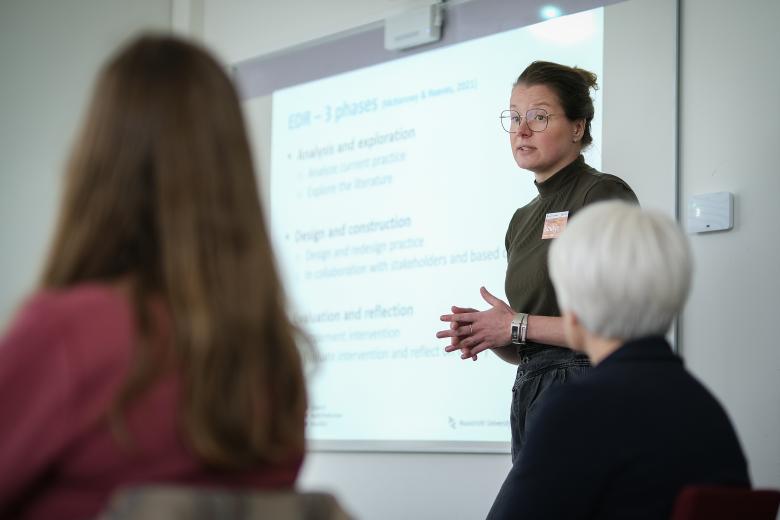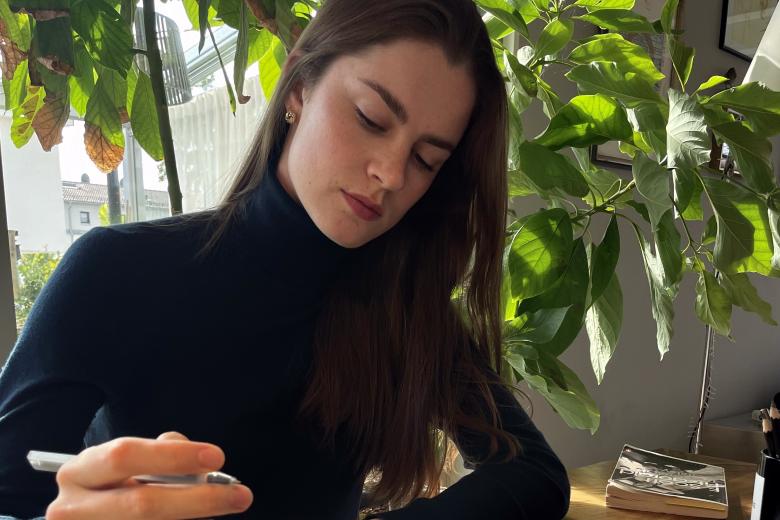edUMinded
edUMinded is the UM online magazine on Teaching & Learning
edUMinded is a place to discover, read and write stories about classroom experiments, reflections on professional development, student perspectives, tips and reviews, and more.
Do you have an idea for an article? edUMinded delivers articles from the Teaching & Learning community at Maastricht University to all education enthusiasts and welcomes contributions from staff and students alike. Contact us!
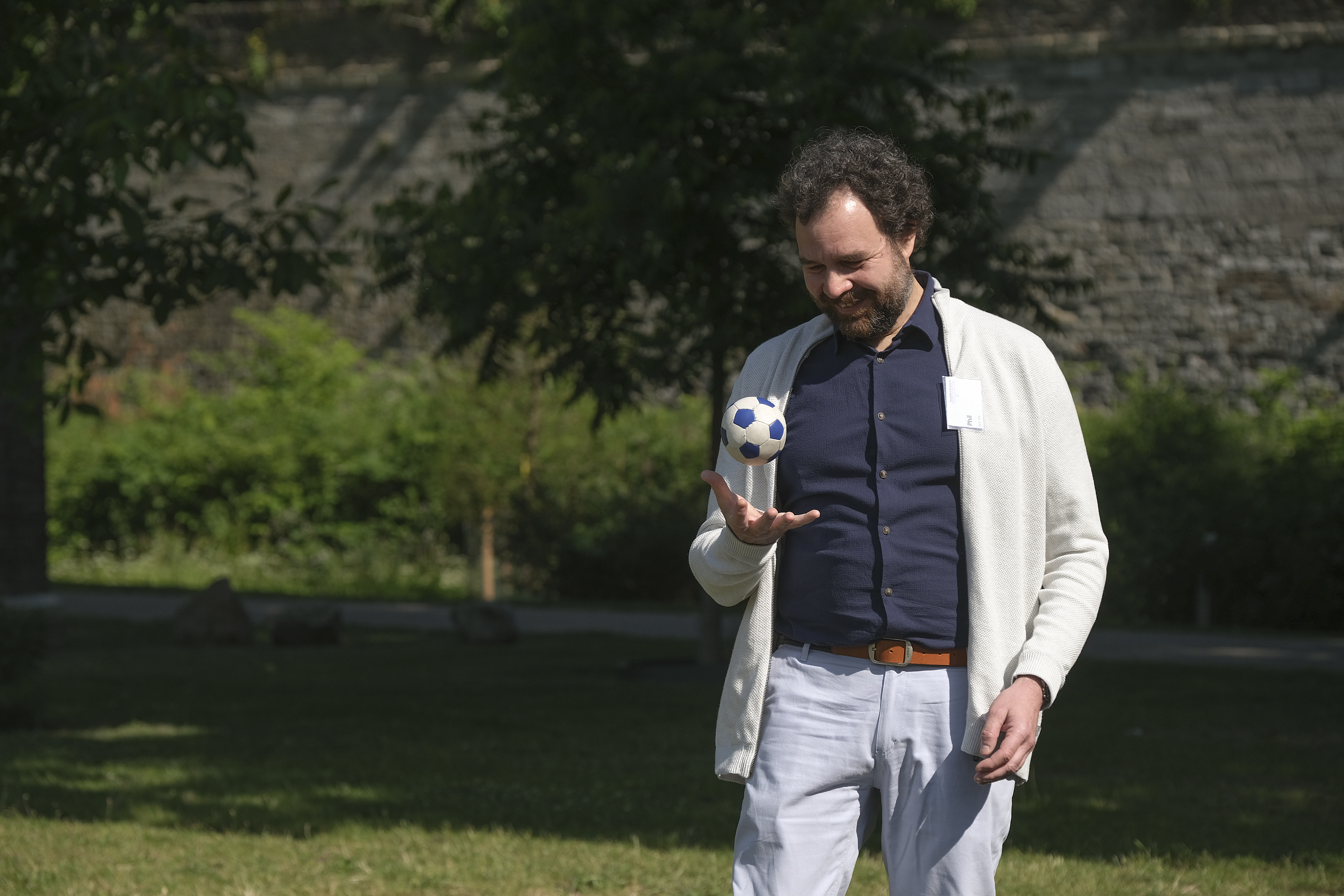
Are you edUMinded?
Featured articles
Classroom experiments
Intelligence Augmentation: a technological revolution and paradoxical blessing
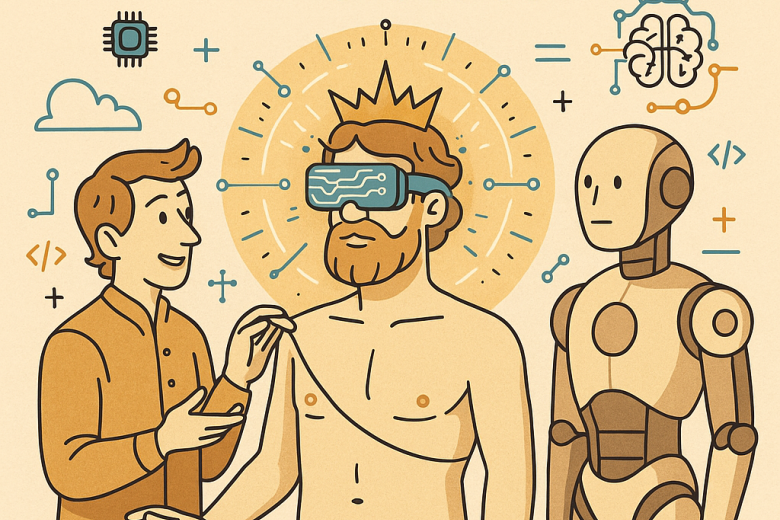
More than another ‘to-do’: how the UTQ helped me rethink my teaching
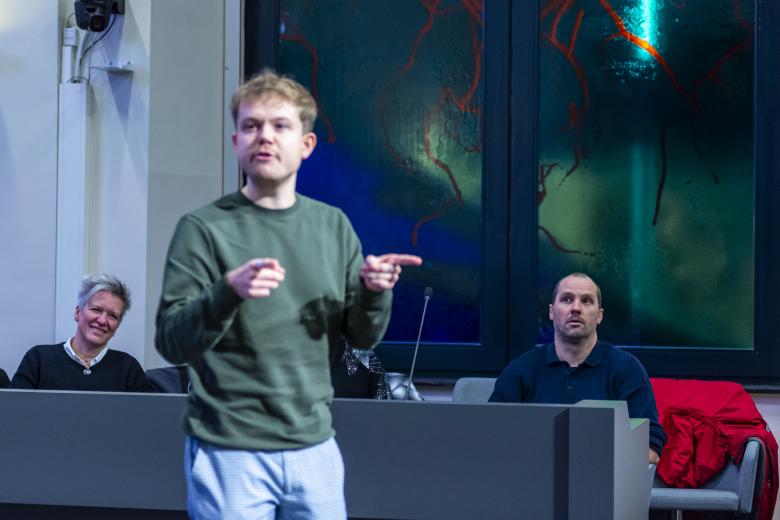
How I rely on my university-taught writing skills, now that I use ChatGPT as my daily assistant at work: perspective of a recent graduate
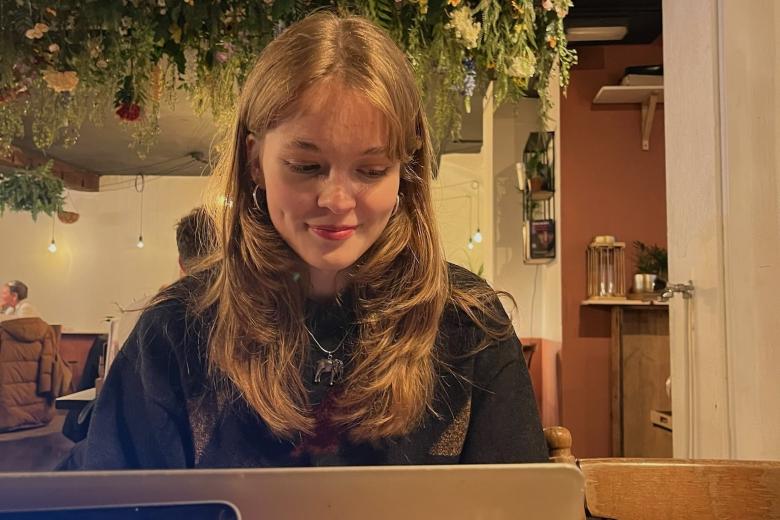
What do we really value? Rethinking our approach to education at UM in the age of GenAI
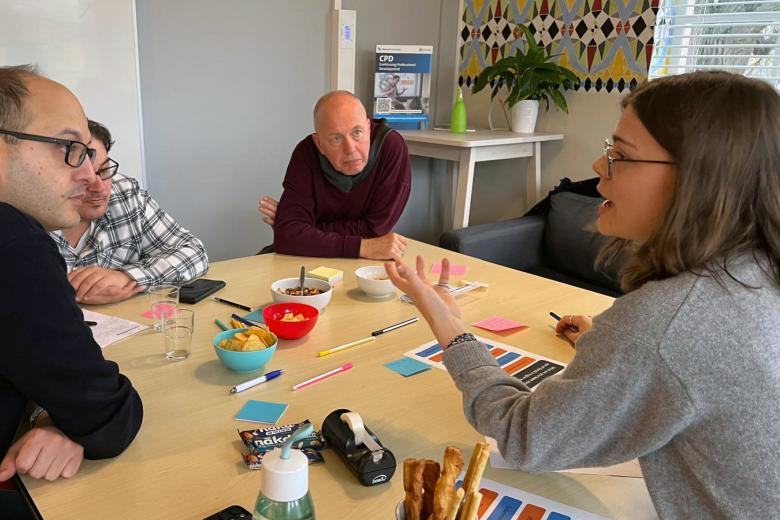
What student use of Grammarly tells us about writing support
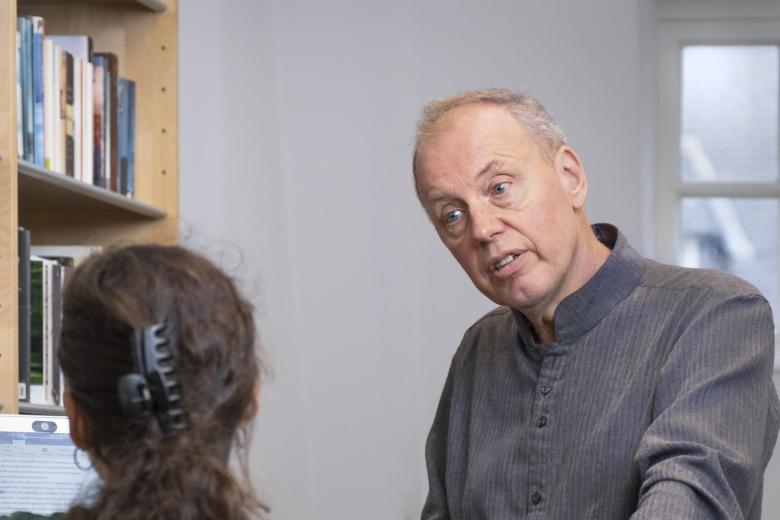
PBL otherwise: senses-based learning
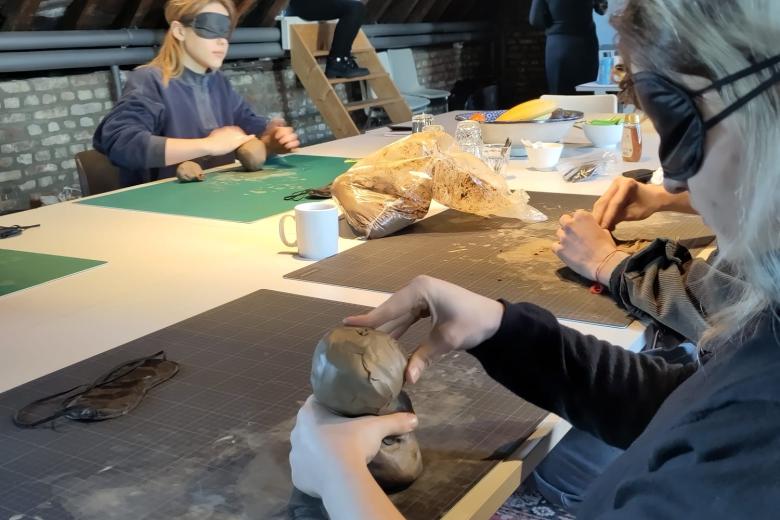
Moss art in education: a tool for reflection and problem-solving
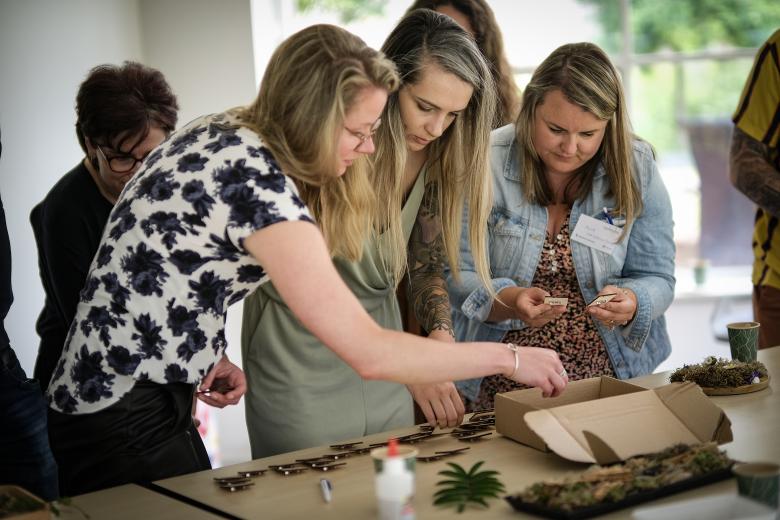
Students exploring research together: collaborative learning in a methods course
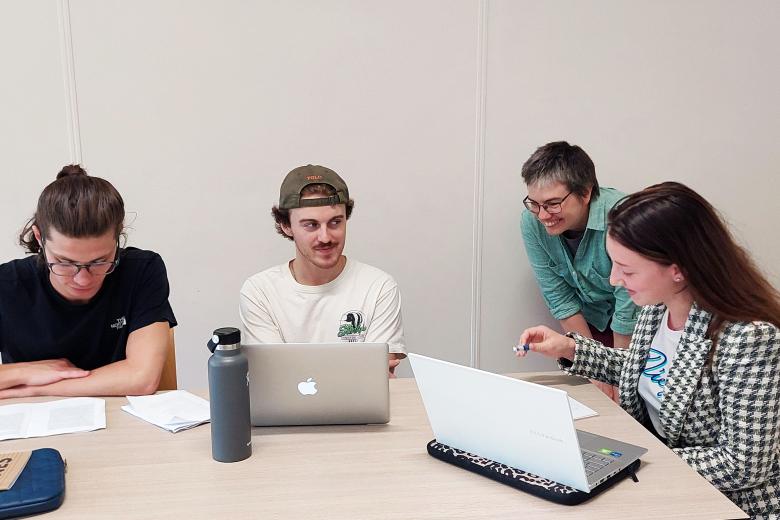
How making videos changed my dismissive view of PBL
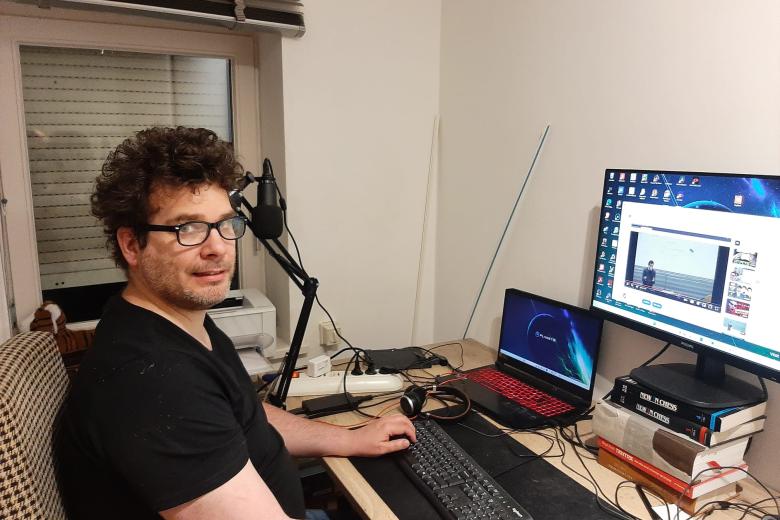
How to quickly make videos that get "The Job Done"

How to teach students to learn how to learn? Making theory practical
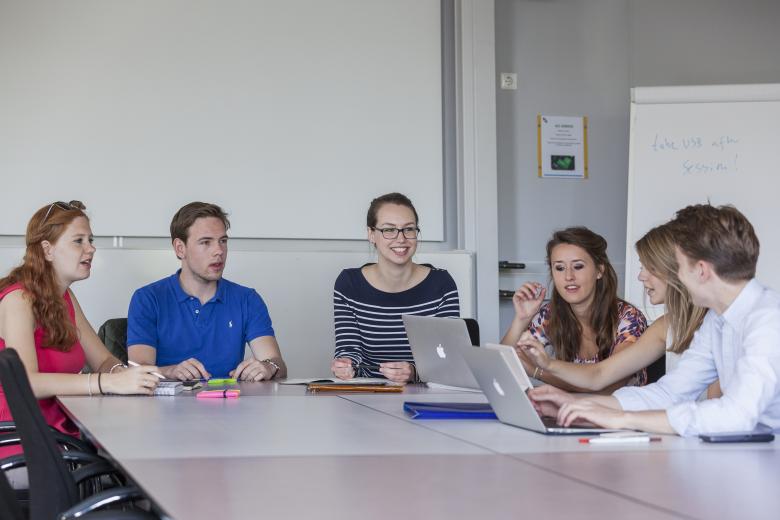
Jacob Ward's experience with authentic assessment: smiles, surprises and some wobbles
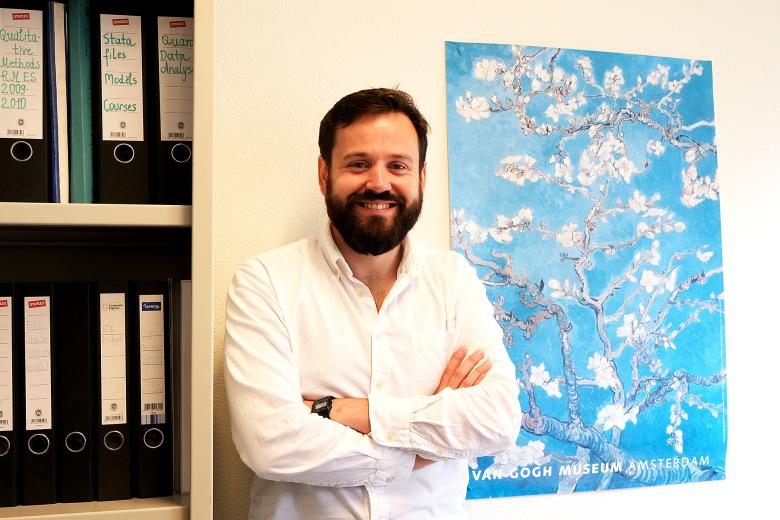
Ready. Set. Integrate! Revitalising the lost art of integration in calculus through student competition

Enhancing self-regulation: the power of practice testing and the role of self-assessment
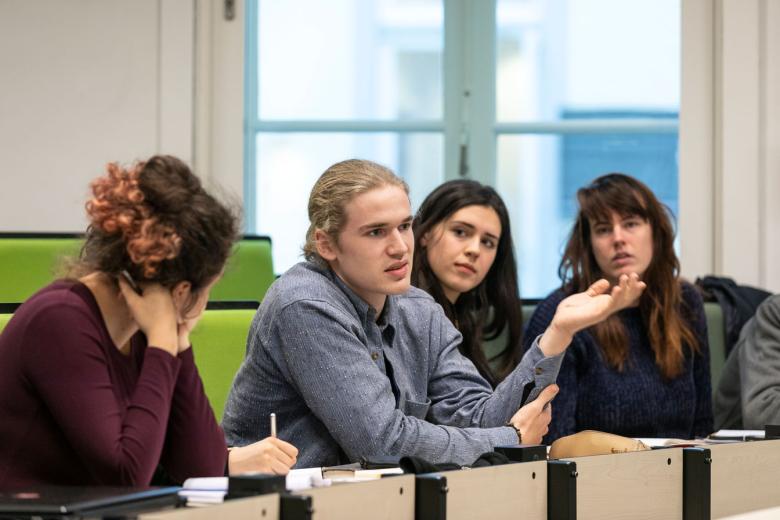
Students digitise Maastricht's history with interactive museum collection
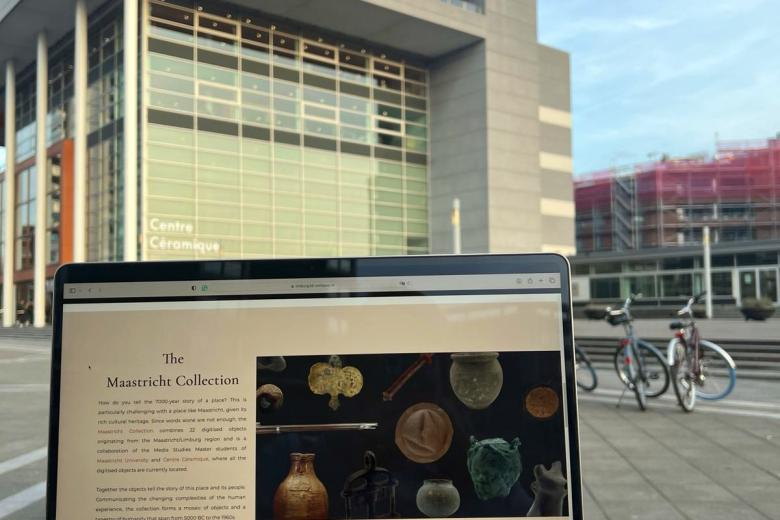
Insights and reflections
Feeling lonely in PBL
Trust is crucial for effective Problem-Based Learning (PBL), even over brief periods.
Drawing on her experiences as a student and a tutor, Carolina Cicati discusses the challenges of building a collaborative learning environment when groups change frequently.
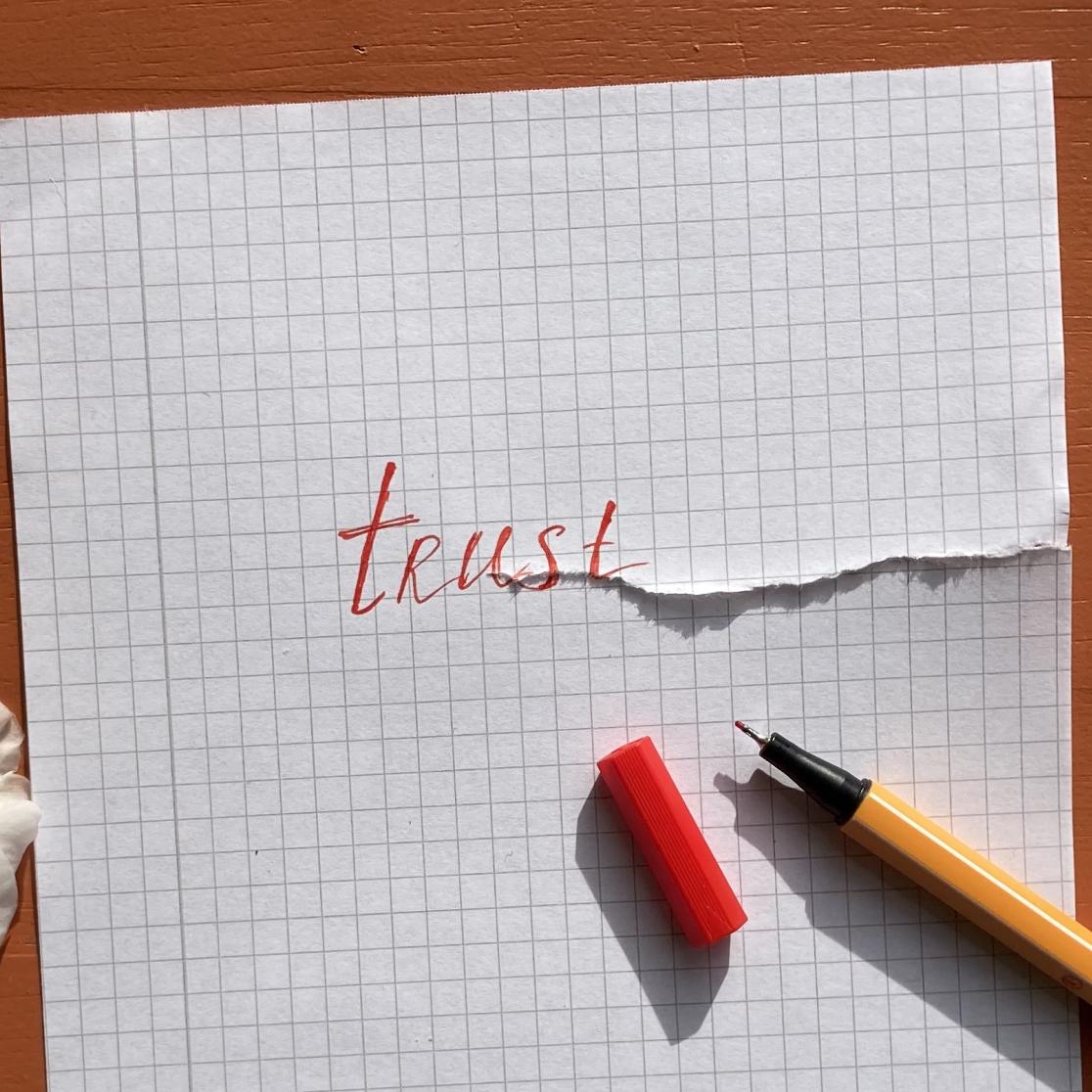
The student voice
Yes, students complain, but let us also listen to their suggestions.
In her experience as EDLAB Innovation Coordinator and a former UM student, Lena Gromotka has encountered four types of student voices - the Complainer, the Critic, the Idealist, and the Suggester. In this reflective piece, she envisions a larger role for students' perspectives in education.
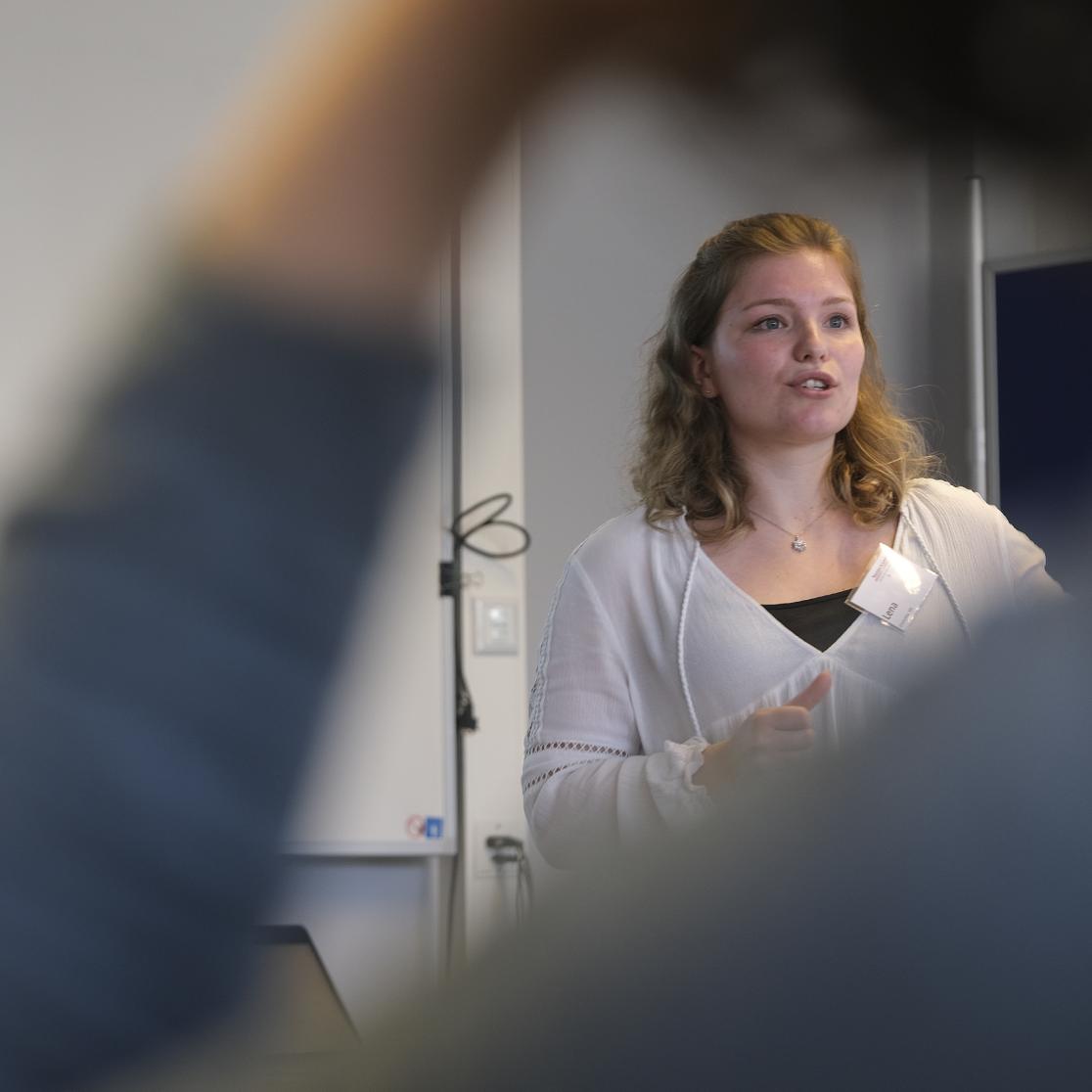
Community of Practice
A community of practice in search of an identity.
In the spring of 2022, EDLAB set up a Community of Practice (CoP) for a group of teaching professionals, study advisors and students around the topic of blended learning. But the experiment soon ran into an identity crisis. The two CoP leaders Annechien Deelman and Hans Savelberg share the story.

Tips and reviews
Podcast: Alice in Eduland
In this second episode, Emilie Sitzia joins host Alice for a conversation about creativity in education. For the past 20 years, Emilie has been driven by her own self-proclaimed 'short attention span' to try all kinds of experiments for making education genuinely exciting, meaningful and enjoyable for both teachers and students alike.
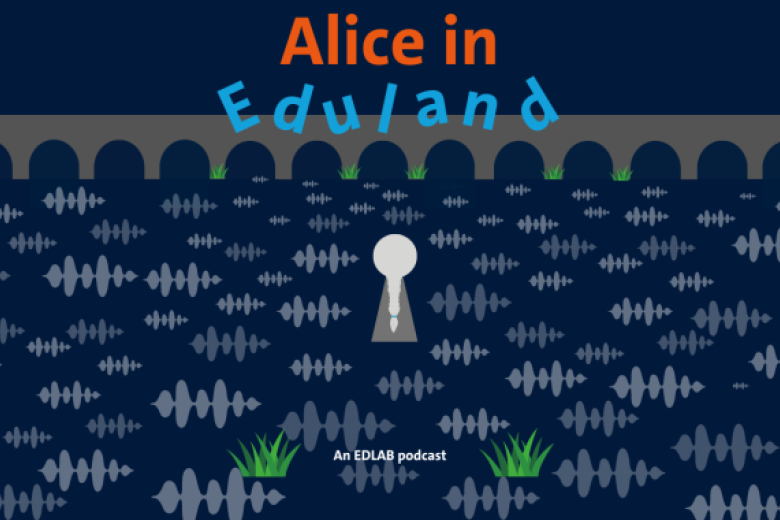
More creativity and flexibility in education? Flip the classroom!
UM researchers published an article in Public Health Reviews in which they describe various successful flipped classroom activities.
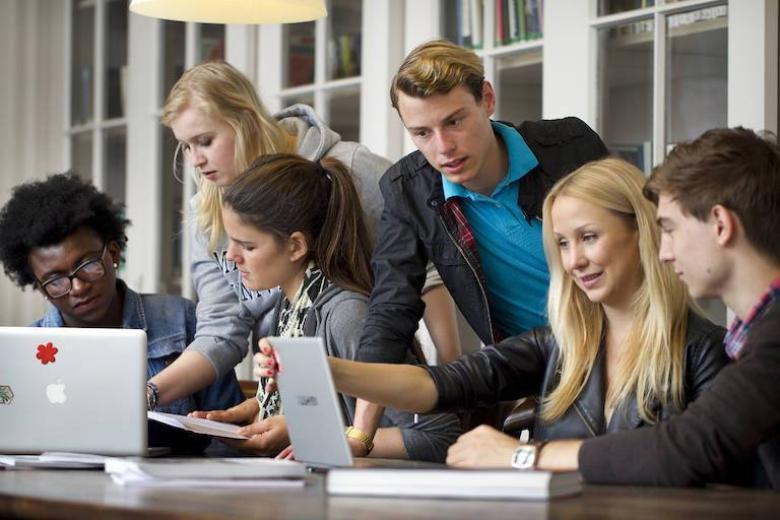
Book review: Academic advising
'Encourage students to write the story of their education,' says Academic Advising specialist Peter L. Hagen in his book ''The Power of Story: Narrative Theory In Academic Advising". A review by Oscar van den Wijngaard.

Become an author
edUminded accepts contributions from anyone who feels connected with the Teaching & Learning community of Maastricht University.
edUMinded is a collegial collaboration where the EDLAB editorial team works directly with educators and researchers to publish articles for a broad audience.
Articles are generally related to one or more of the following perspectives:
- I did/made/tried/learned/found out about this, and here is why you should know about it.
- I read/saw/heard this, and here is why you should know about it.
- I think this, and here is why you should know about it.
- I know, researched (and possibly published about) this, and here is why you should know about it.
Why edUMinded
edUMinded is a platform where Maastricht University teachers, education professionals and students showcase their expertise, share insights and connect with colleagues in key areas of UM education and educational research:
- problem-based learning education
- the international classroom
- global citizenship education
- diversity and inclusivity
- educational innovation
- educational research
- support for teachers and education professionals
